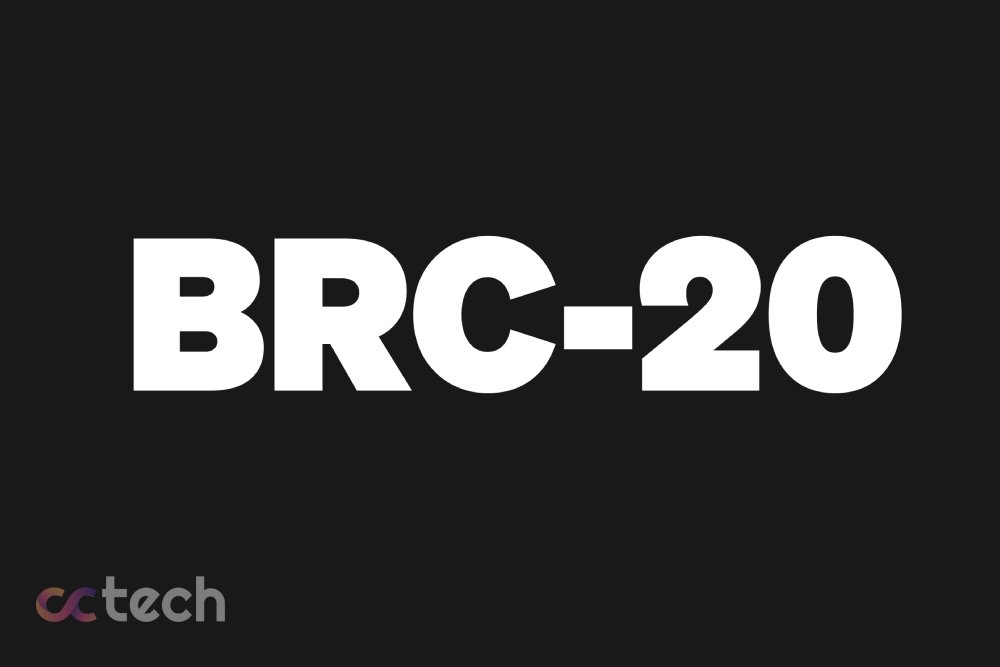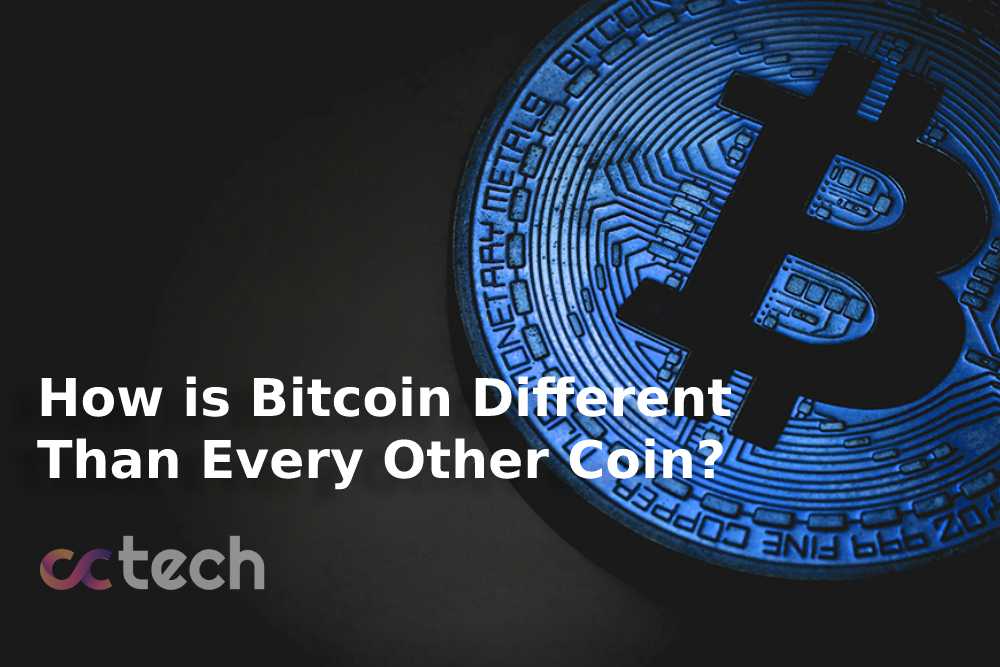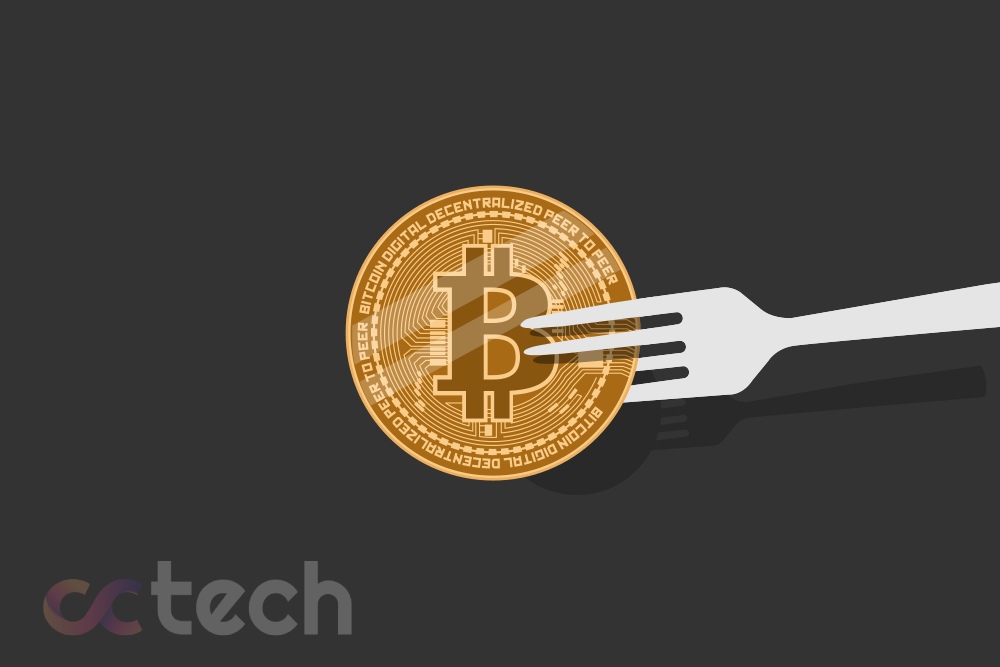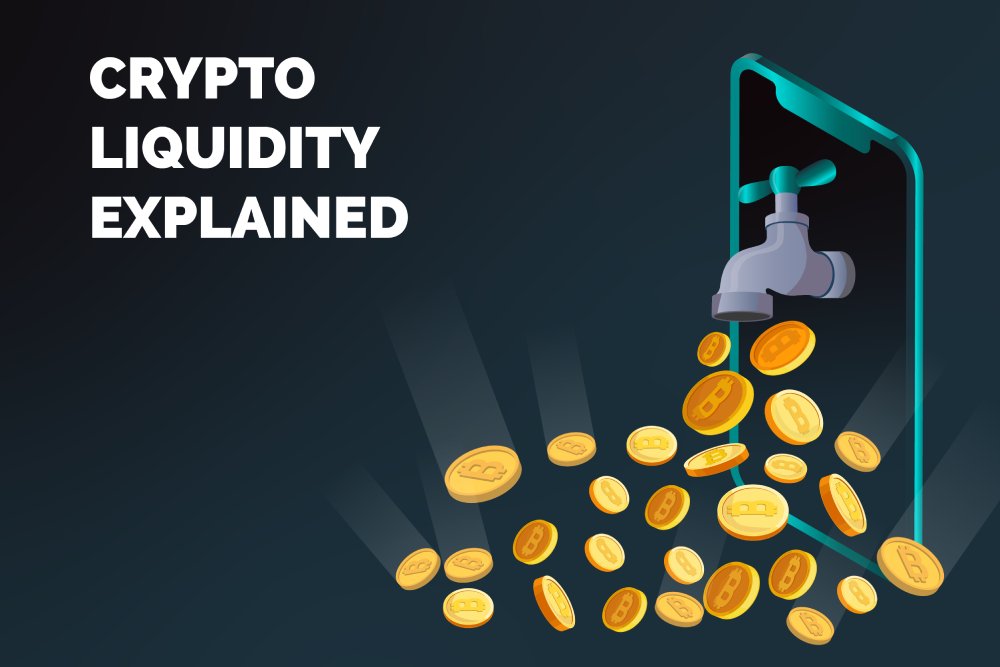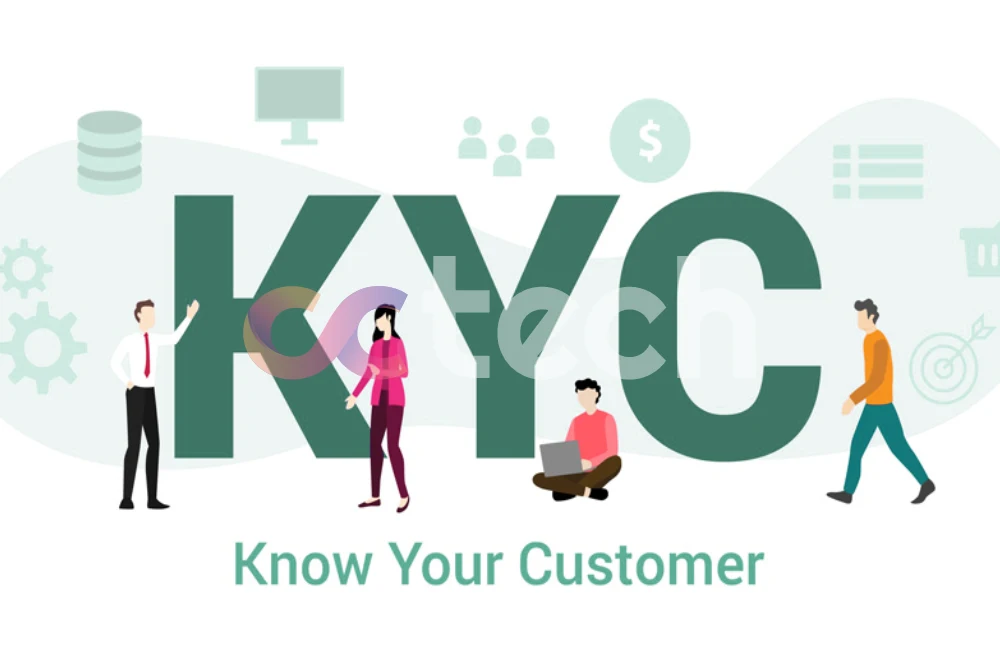
The Know Your Customer (KYC) procedure helps providers identify and verify their customers. This is done as part of anti-money laundering/countering the financing of terrorism (AML/CFT), as well as to combat financial crime and to ensure customer integrity.
KYC actively combats criminal activity by collecting and verifying customer information. These kinds of checks increase trust in the industry and help financial service providers manage their risks. KYC practices have become commonplace on cryptocurrency exchanges. However, many have criticized that it negates the main advantages of cryptocurrency – anonymity, and decentralization.
Introduction
KYC is a general regulatory requirement mandatory for financial service providers. This practice is primarily aimed at combating the financing of crime and money laundering. This is why KYC is becoming an important security measure, especially for cryptocurrencies. Financial institutions and service providers, such as Binance are increasingly forced to implement such procedures to protect their customers and their assets.
What is KYC?
If you have opened an account on a cryptocurrency exchange, you will probably have to pass a KYC check. Under KYC, financial service providers have to ask customers for information that proves their identity, which can be an official ID or a bank statement. Like AML regulations, the KYC procedure helps combat money laundering, terrorism financing, fraud, and illegal fund transfers.
KYC helps prevent wrongdoing, not respond to it. Most financial services ask for customer information during the registration process before they can even make financial transactions. In some cases, accounts can be created without going through KYC, but then their functions will be limited. Binance, for example, allows users to create accounts but limits the ability to trade before the KYC procedure.
During the KYC process, you may be required to have the following documents:
• Identification card (ID)
• Driver’s license
• Passport
In addition to verifying your identity, you will also need to verify your location and address. Identification documents will include basic information (name, date of birth), but other documents will be required to establish your tax residency, for example. You will likely need to go through several KYC steps. Financial service providers must conduct regular identity checks on their clients.
Who regulates KYC regulations?
KYC regulations vary from country to country, but there is an international agreement on the basic information required. In the U.S., the Bank Secrecy Act and the Patriot Act of 2001 established AML and KYC process rules that still apply today. The EU and Asia-Pacific countries have developed their own rules, but they have much in common with U.S. rules. The EU Anti-Money Laundering Directive
(AMLD) and the PSD2 rules are the main provisions in force in the EU. At the global level, however, the Financial Action Task Force (FATF) addresses the problem.
Why is the KYC procedure necessary in cryptocurrency?
Because of the anonymous nature of cryptocurrency, criminals use it to launder illicit funds and evade taxes. Better regulation of the cryptocurrency industry has a positive effect on its reputation and ensures that all taxes are paid. There are three main reasons why KYC practices are necessary for the cryptocurrency industry:
- Blockchain transactions are irreversible. If you make a mistake in a
the transaction, no one can undo it and get your money back. This means that funds can be stolen or moved by attackers with no way to get them back. - Cryptocurrency provides anonymity (users use pseudonyms). You don’t need to provide personal information in order to have a cryptocurrency wallet.
- Taxation and legislation regarding cryptocurrency in many countries are still not clearly defined.
Although KYC takes a lot of time to create an account, the benefits of this practice are hard to overstate. It may not be obvious to the average customer, but KYC helps keep funds safe and fight crime.
The main advantages of KYC
Not all of the benefits of KYC are obvious. This practice helps not only to counter fraud but also to improve the financial system as a whole:
- Lenders can more easily assess their risks by knowing the customer’s identity and financial history. KYC promotes more responsible lending and risk management.
- KYC aims to combat identity theft and other types of financial fraud.
- KYC acts as a preventive measure against money laundering
- KYC increases customer confidence in financial service providers, and helps monitor the security and accountability of these services. The reputation of services has a direct impact on the financial industry as a whole and can stimulate investment.
Arguments against KYC
The KYC procedure has a number of obvious advantages but is still somewhat controversial. Many people are against KYC because of the traditionally anonymous nature of cryptocurrency. Typically, much of the criticism is based on privacy and commission issues:
- There are additional costs associated with performing KYC checks, which are often passed on to the customer in the form of fees.
- Some people don’t have the necessary documents or a fixed address for KYC checks. All of this makes it difficult for them to access certain financial services.
- Irresponsible providers may have weak data protection, and then hacks can lead to the theft of not only funds but also your personal information.
- There is an opinion that this practice contradicts the idea of the decentralization of cryptocurrencies.
Conclusion
KYC processes are the industry standard for financial services and cryptocurrency exchanges. The practice is one of the most important measures to combat money laundering and other crimes. No one likes to go through KYC checks, but they are extremely important because they help ensure security. As part of expanded anti-money laundering measures, passing KYC checks allow
cryptocurrency exchanges like Binance trade with full confidence that funds are safe.


